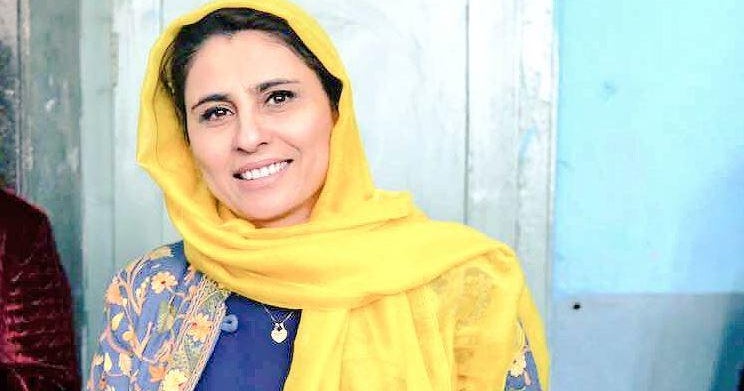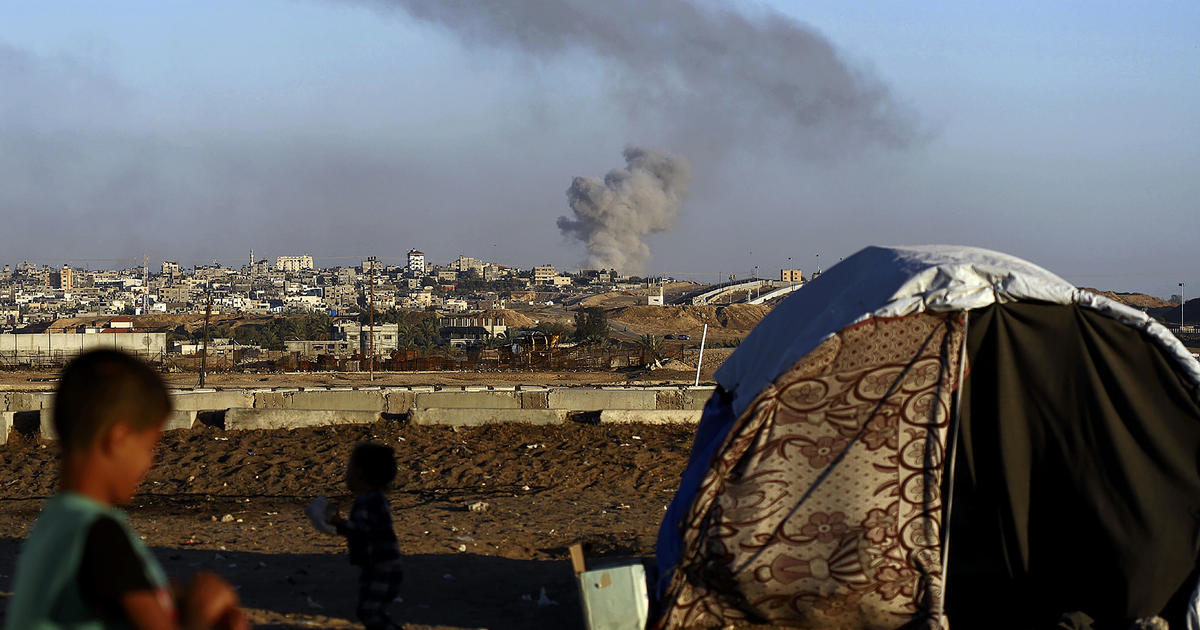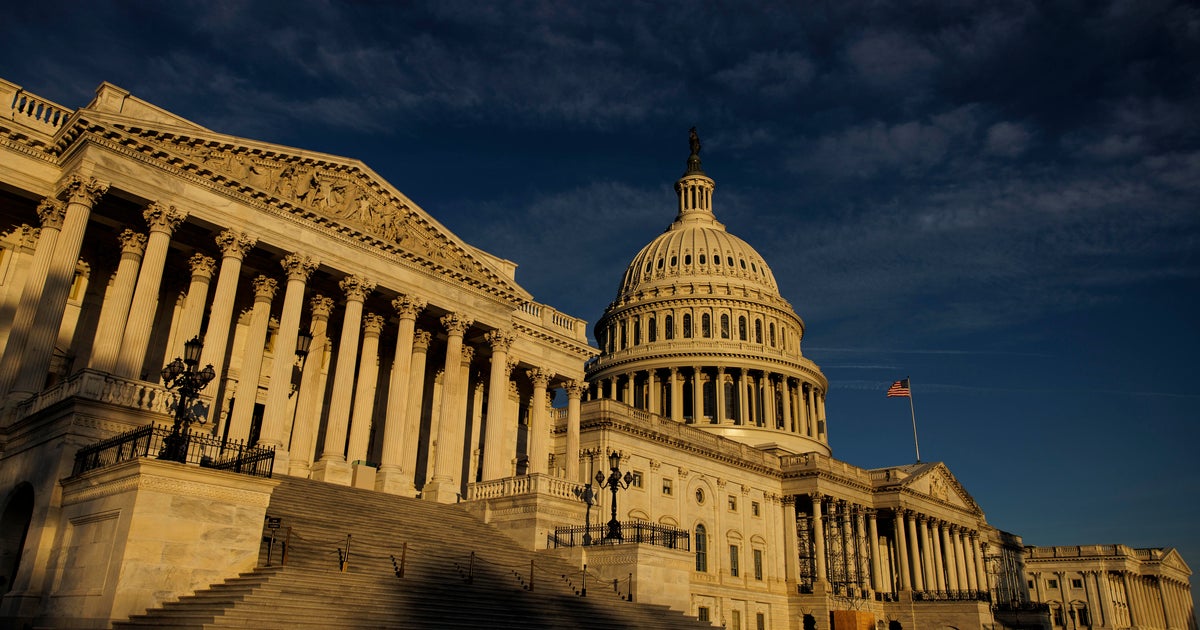Minnesota loosens COVID-19 restrictions after 4 weeks of strict regulations — but it's not enough for some business owners
Minnesota Governor Tim Walz on Wednesday loosened stringent restrictions on businesses and social gatherings, following four weeks of stricter rules prompted by a spike in coronavirus cases. The new procedures, which will not reopen in-person dining, come as Walz is facing pressure from a group of business owners who say they plan to reopen for in-person dining no matter what his office says.
As cases were surging in the state in mid-November, Walz implemented a four week "pause" that shuttered indoor and outdoor dining and gyms, stopped adult and youth sports, and severely limited social gatherings, among other restrictions.
In his Wednesday statement, he congratulated Minnesotans for obeying the restrictions and dropping daily case counts of the virus.
"You brought the curve down. You made the sacrifices necessary," Walz said.
Due to the drop in case counts, Walz said, the state will now permit outdoor social gatherings with a maximum of 15 people between three households and indoor gatherings with a maximum of 10 people between two households. Gyms and fitness centers will be permitted to open at 25% capacity, and youth and adult sports will resume on January 4. Elementary schools will be permitted to reopen on January 18.
Walz did not loosen the ban on indoor dining, one of the more controversial provisions of the four week pause, but did allow outdoor dining to resume at 50% capacity. Bars, restaurants and breweries will continue to be closed for indoor dining through January 11.
Walz acknowledged that outdoor dining would not be a particularly effective solution during the winter months in Minnesota, but said breweries had requested the provision and are equipped with heat lamps and fire pits.
Walz also on Wednesday signed a $216 million relief package that's designed to provide support for small businesses and workers. Approximately $88 million in relief funds will go directly to restaurants, bars and gyms, he said.
"This is the way this should be done. This is the way most nations in the world have done it," Walz said of the bill. "This is the way we did it back in May, when the pandemic started: If you're going to ask businesses to sacrifice for the good of public health, it needs to be accompanied with the economic benefits."
When asked by reporters about criticism from restaurant owners, Walz said that "We have to beat the virus before the economy comes back."
"I certainly want to be clear about this: I think people who are desperate, in their businesses, that certainly doesn't make them bad people," he said. "I don't believe these are people that don't care about their neighbors getting sick."
As CBS News previously reported, a group of over 150 business owners in the state had pledged to reopen their businesses regardless of what Walz announced on Wednesday. Members of the Reopen Minnesota Coalition, which called the restrictions a "gross injustice," said they plan to offer in-person dining with "reasonable restrictions" like mask mandates and reduced capacity.
Coalition founder Darius Teichroew told CBS News, "At the end of the day, people just want to feed their families, care for their employees, provide for their communities."
When asked about the threats from those businesses to reopen their establishments, Walz noted the number of business owners threatening to reopen represents a small fraction of the state's thousands of businesses.
"These are mitigation measures we put in — they are painful, we're trying to do everything we can to alleviate that pain, but I fully expect, just as we've done all along here, the vast majority of Minnesotans are making the sacrifice for our neighbors," Walz said.




